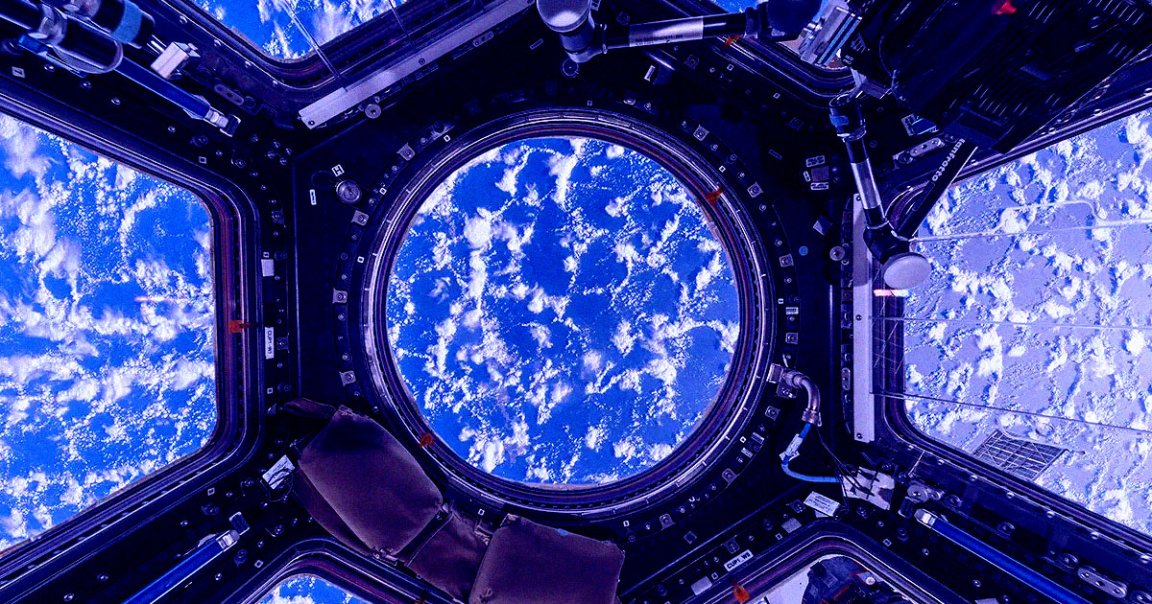
Flake Haste
The International Space Station’s Russian segment has sprung yet another leak — the third in less than a year — raising urgent questions about the reliability of the country’s space program.
The leak was traced back to an 11-year-old backup radiator circuit installed on Russia’s Nauka module, according to a Telegram update by Russia’s space agency Roscosmos.
As the drama unfolded, NASA ground control in Houston had a troubling question for crew members on board the orbital outpost.
“Hi, we’re seeing flakes outside, we need a crew to go to the cupola, we think windows five or six, and confirm any visual flakes,” mission control told astronauts on the US segment on Monday, as quoted by Agence France-Presse.
“There’s a leak coming from the radiator on [the Nauka module],” NASA astronaut Jasmin Moghbeli replied.
Radiator Hospital
Fortunately, none of the station’s crew members were ever in any danger, NASA later confirmed in a statement.
The damage also appears to be minimal.
“The primary radiator on Nauka is working normally, providing full cooling to the module with no impacts to the crew or to space station operations,” the space agency said, though it conceded that astronauts had to close the shutters of the US segment’s windows as a “precaution against contamination.”
Most striking is that it’s the third coolant leak to hit the Russian segment in a matter of less than a year. In December of last year, Russian cosmonauts spotted a Soyuz spacecraft docked to the station spewing coolant into space uncontrollably. Then in February, another spacecraft docked to the station started leaking, causing the cargo spacecraft to depressurize.
“One is whatever, two is a coincidence, three is something systematic,” Harvard astronomer and space expert Jonathan McDowell told AFP.
More broadly, the latest leak should give anybody pause about Russia’s continued presence on the Space Station, since everybody needs to cooperate up there to keep things operational.
“It really just emphasizes the degrading reliability of Russian space systems,” McDowell added. “When you add it to the context of their failed Moon probe in August, they’re not looking great.”
More on the ISS: China’s Doubling the Size of Its Space Station